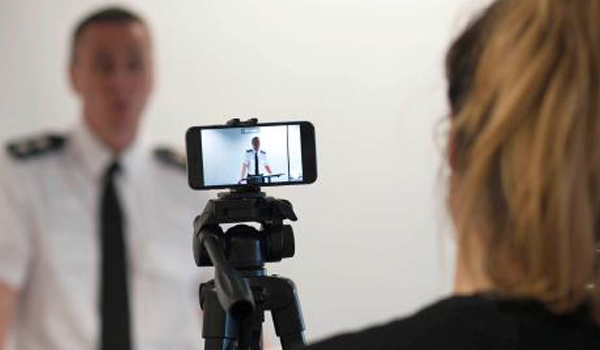College consults on updated guidance for media and communications
The College of Policing is seeking views on updated standards that aim to improve how police forces share information.
These provide clearer frameworks for how the police should communicate during investigations, operations, and major incidents, encouraging improved collaboration with partners from the accredited media.
The college says its updated media and communications (formerly media relations) standards reflect the “rapidly evolving landscape of police communications”, build on existing good practice, and ensure vital lessons are learnt from recent major incidents, public inquiries and reviews.
The guidance recognises that policing needs to be open and transparent, and share factual information with the public about crime and policing to maintain trust.
It also acknowledges the accredited media’s important role in holding police accountable and addresses the risks that false information online can pose to public safety and justice.
The media and communications authorised professional practice (APP) incorporates several changes that address current realities and challenges.
These include new communication standards, minimum standards for corporate communications teams to ensure consistent capability across forces, and guidelines for disclosing suspect information, including ethnicity and nationality.
There is an emphasis on building sustainable relationships with accredited media while maintaining direct public communication.
This will include protecting journalists and transparency dedicated journalist safety liaison officers in police forces, supporting the Government’s National Action Plan for the Safety of Journalists.
In addition, the updated guidance includes:
- Enhanced frameworks for social media use and tackling information disorder;
- Improved support and accountability;
- Stronger requirements for supporting victims and families who find themselves in the public eye;
- Greater responsibility for chief officers to ensure appropriate communication expertise and resources;
- Enhanced collaboration between communications professionals and family liaison officers; and
- Better record-keeping requirements for corporate communications teams.
The guidance also strengthens standards for transparent communication about internal police investigations and misconduct proceedings. Developed from the college’s duty of candour principles – introduced following the Hillsborough inquiry – it aims to ensure open and honest communication about police conduct while protecting individual rights and maintaining public trust.
The consultation closes on January 4, 2026.
Visit https://www.college.police.uk/article/communications-and-media-have-your-say


